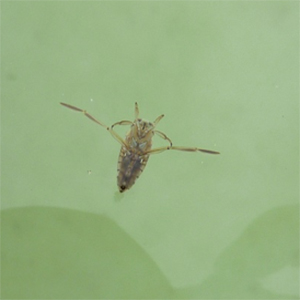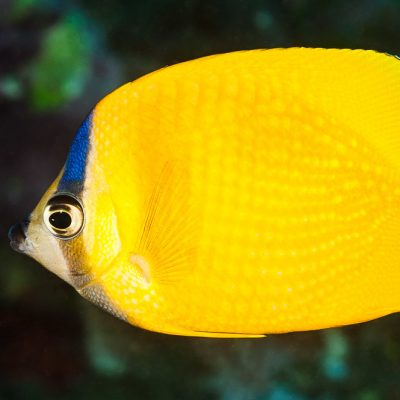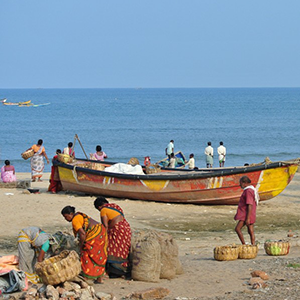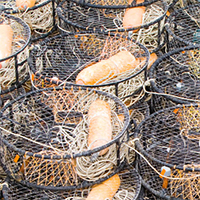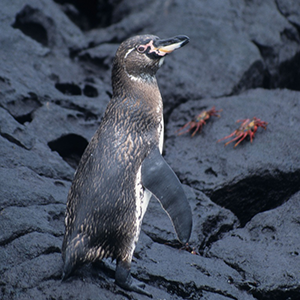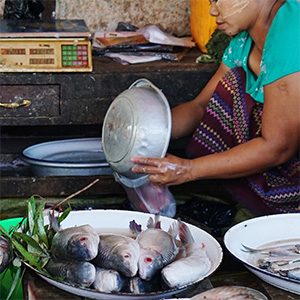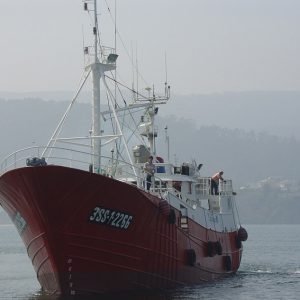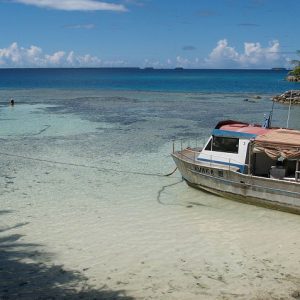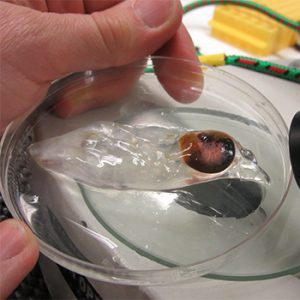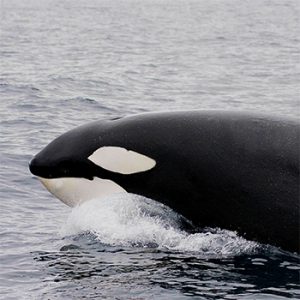Role of top predators in helping ecosystems adapt to climate change
Researchers found that when predators are not present in the ecosystem, the overall biomass and abundance of algae declined significantly with increasing temperature.
Fish that follow ‘gourmet diet’ more threatened by climate change
As temperatures rise, they will have difficulties finding the food they prefer and are more likely to disappear as they will not be able to adapt quickly.
Climate impacts on the ocean are making Sustainable Development Goals harder to achieve
In other words, climate change is not just an environmental problem, but one that inhibits our ability to tackle other social issues.
Comprehensive global analysis shows a warmer ocean will hold fewer animals
For every degree Celsius (1.8 degrees Fahrenheit) that the world’s oceans warm, the total mass of sea animals is projected to drop by 5%.
Greater conservation efforts needed to protect Galápagos bird populations, a new study shows
Researchers found that unless current conservation measures are increased, the birds’ future conservation is precarious.
Achieving Paris climate target could net additional billions in fisheries revenue
Achieving Agreement’s target could increase global fishers’ revenues by $4.6 billion annually.
Carbon dioxide emissions from global fisheries larger than previously thought
Emissions from the fuel burnt by fishing boats are 30% higher than previously reported
Fishing pressure and climate change challenge Tokelau’s food security
Increasing fishing pressures, combined with climate change, will have a negative effect on the near-shore marine resources of Tokelau
Small in size, but mighty in impact
Salps are fascinating organisms that have a huge impact on the planet’s ability to manage climate change.
Climate change fuels accumulation of pollutants in Chinook salmon, killer whales
Southern resident killer whales that exist along the Pacific Northeast Coast eat Chinook salmon, and these two predators are impacted by increased pollutant bioaccumulation driven by climate change
